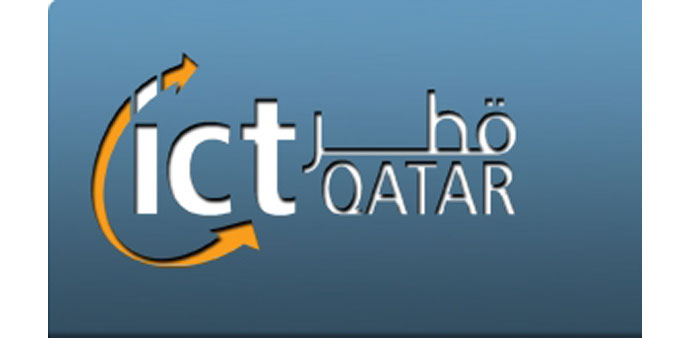In an effort to bridge Qatar’s digital divide, the Ministry of Information and Communications Technology (ictQATAR) has announced the release and roll out of its “Digital Inclusion Strategy” (DIS).
The report identifies key areas that require improvement and also details a number of initiatives aimed at improving technology usage and accessibility that will ensure that everyone advances together in the technology race.
The DIS was developed in support of the Information and Communication Technology (ICT) Plan and the recently-launched Qatar National Broadband Plan.
“Technology is a key factor in transforming Qatar into a knowledge based economy therefore, it is essential that all members of our society are given access to new technologies and have an understanding of how to use ICT effectively,” said Reem al-Mansoori, executive director of the ministry’s ICT and Society.
Despite being a global leader in mobile and Internet penetration, a gap in understanding and accessibility to technology among a number of segments of Qatar’s population have been identified as a priority.
Those identified at risk of exclusion were the elderly, persons with special needs or disability, low-skilled migrant workers with limited Internet access, those who live in remote areas, non-working Qatari women, and young people that did not pursue higher education.
“In order to facilitate this shift, it is important to provide both technology skills and access to all segments of our population. At the Ministry of Information and Communications Technology, we seek to identify and create opportunities for those at risk of digital exclusion,” she continued.
The strategy outlines a number of initiatives that have been and will be implemented to enhance the adoption of technology in each sub-group. Among the younger users that are seen as digitally savvy, the Ministry has identified a need for further guidance to ensure that they get the most from the ICT tools available to them.
In addition, “Safety and Media Literacy” workshops are being offered to overcome the growing concern on online safety for the youth.
To ensure non-working Qatari women are kept abreast with technology, the ministry is working to provide a range of ICT skills training, including raising awareness on social media channels to promote small businesses, awareness of e-government services such as Hukoomi, and improving access to these services from their homes.
These initiatives are a key to empowering Qatari women by creating flexibility that will enable them to work from their homes and providing them with an understanding of technologies that will help support the development of their children’s use of technology.
The strategy also identifies the need for better access for people living in remote communities, particularly in labour accommodations.
The DIS outlines that the ministry will work with employers to develop computer rooms in labour accommodations and improve training opportunities using community languages for better understanding, which is part of the “Better Connections Programme.”

